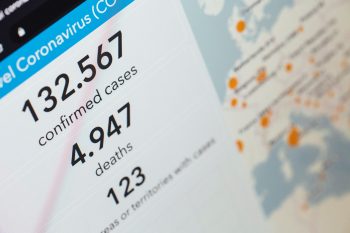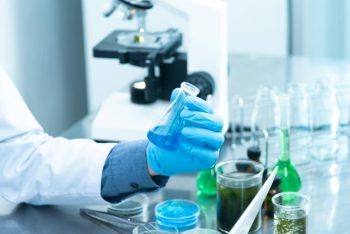A study on the duration of symptoms produced by COVID-19 from the onset of infection has recently been published in the prestigious journal The Lancet.
The work was carried out in the Chinese city of Wuhan including 1,733 patients who had been admitted to the hospital for COVID-19. All of them were discharged from hospital after the disappearance of the symptoms and with two negative tests for the coronavirus carried out within a 24-hour interval. The mean follow-up of the patients from the onset of symptoms was 186 days.
Sixty-three per cent of the patients had muscle fatigue or weakness 6 months after the onset of the disease. Also 23% of the cases had anxiety or depression. The proportion of patients able to walk for 6 minutes was 24%, which was below the lower limit of normal. Approximately one third of the cases had reduced kidney function at 6 months of follow-up. These symptoms were more frequent among those patients who had suffered a more severe disease.
Decreased antibodies and reinfections
On the other hand, neutralizing antibody (which block and protect against infection) were analysed in 94 participants. It was found that the level of these antibodies had decreased by half 6 months after the onset of the disease. This result raises concerns about the possibility of reinfections.
How long can symptoms persist after coronavirus?
In summary, the work shows that COVID-19 symptoms can persist for at least 6 months from the onset of the disease even if PCR tests are negative. This may be because the virus has not been completely eliminated and it remains in different organs.
Thus, in the journal Nature, the presence of coronavirus antigens and RNA in cells of the intestine 4 months after the onset of symptoms has been published in patients who had had COVID and who were PCR negative. In our opinion, patients who have suffered of COVID-19 should keep in contact with their doctor especially if they had a more severe illness. Finally, the drop in neutralizing antibodies against the coronavirus in people who have had the disease makes it necessary to vaccinate them to increase their defenses and avoid possible reinfections.



